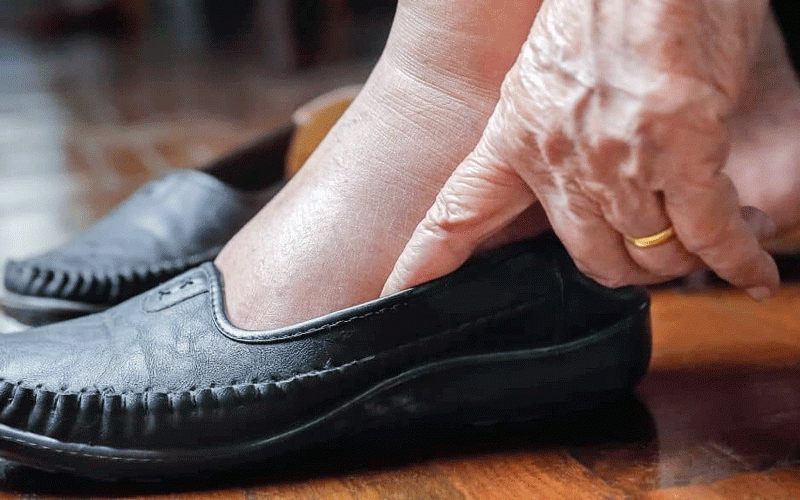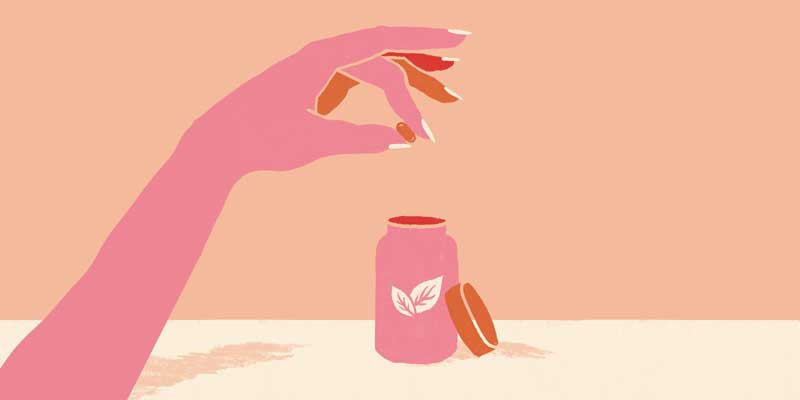
Gundamiti, a concoction of about seven herbs, was developed by University of Zimbabwe researchers and became popular at the height of the country’s economic crisis.
Zimbabweans resorted to the herbal remedies after claims that it could reduce the viral load by more than 90% after two months of use. But its popularity waned as more people started to gain access to anti-retroviral therapy.
There was also mounting criticism that the drug had not undergone the required scientific scrutiny.
George Kandiero, the Zinatha spokesperson encouraged Zimbabweans living with HIV to also try traditional remedies as they have proven to be effective.
“We encourage people who are HIV-positive to use herbs as they are effective and do not have any side effects, even after they stop taking them,” Kandiero said.
“However we are not discouraging people from taking ARVs as they are effective as well, though they have side-effects.
“In the late 1990s there was a collaboration between Zinatha, the Ministry of Health and Child Welfare as well as WHO on the development of a drug called Gundamiti that was manufactured at the UZ.”
He said despite criticism, the herb had proved to be very effective as it did not have side-effects, such as rash.
- Chamisa under fire over US$120K donation
- Mavhunga puts DeMbare into Chibuku quarterfinals
- Pension funds bet on Cabora Bassa oilfields
- Councils defy govt fire tender directive
Keep Reading
The drug was also effective in treating sexually-transmitted diseases, Kandiero said.
He said Zinatha was in the process of recruiting a doctor to oversee the manufacture of the drug, which is packaged in capsules.
The doctor who was in charge of the project died in September last year.
“The drug proved to be very effective as people who would go for CD4 count after taking it for some time got awesome results as their immune system would have been boosted,” Kandiero said.
A CD4 count measures the health of the immune system and determines the time to initiate an Aids patient on ARVs.
Meanwhile, Kandiero said HIV-positive Zimbabweans have a number of traditional herbs to choose from, which have proven to be equally effective.
“We have herbs which include Soreto, Nkiza and Guchu 10 which are very effective for people who are HIV-positive and can help to reduce signs and symptoms of HIV,” he said. “They are also capable of boosting the immune system.”
Zinatha, Kandiero said, encouraged people to go for HIV tests before they could use the herbs.
He said some preferred to use the herbs exclusively while others combined them with ARVs.
The traditional healers also plan to compile statistics of people who are HIV-positive and using herbs.











